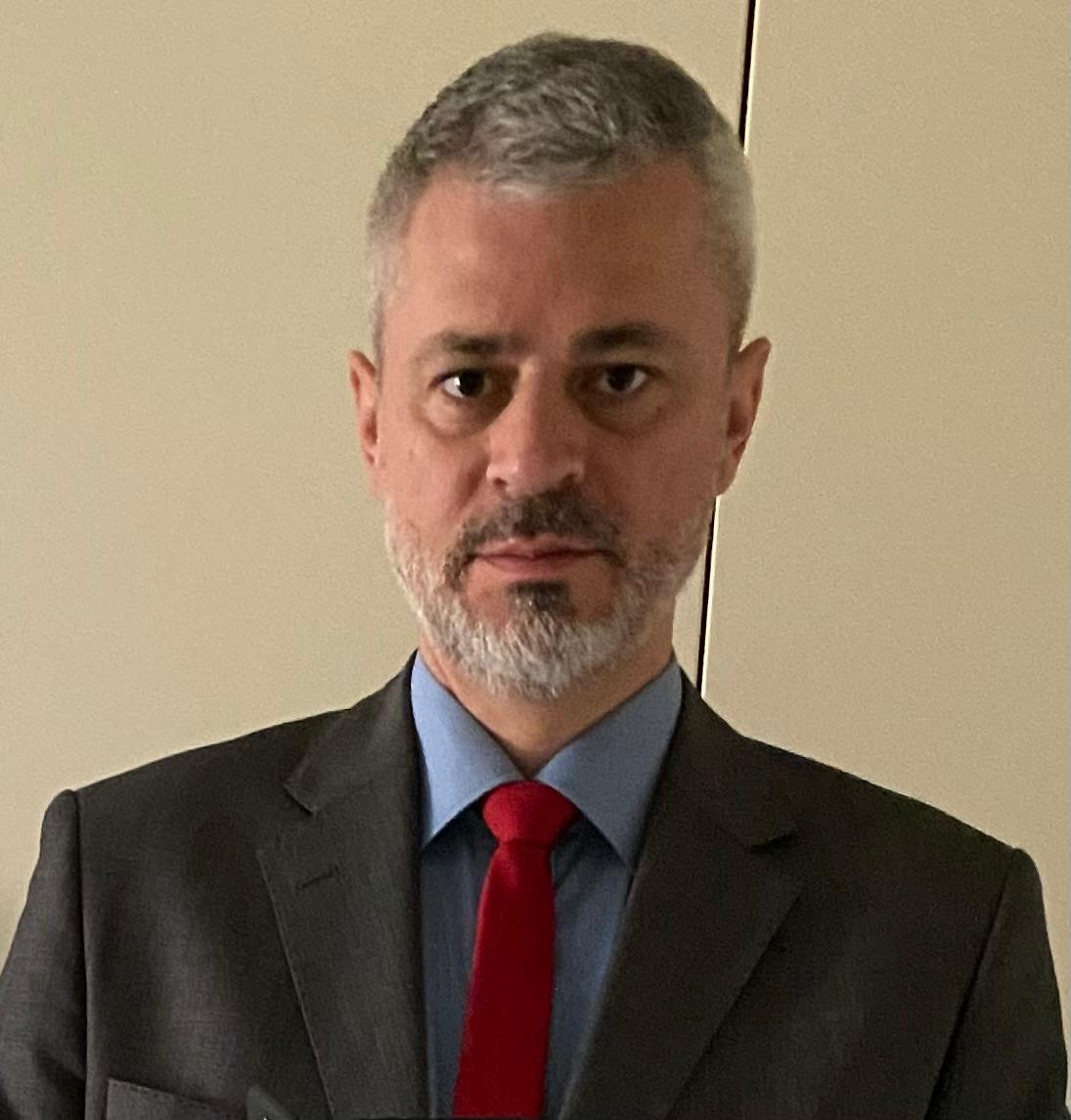
AI in Innovation – Evolving from Computer-Aided to Human-Assisted
The evolution of artificial intelligence (AI) has profoundly impacted the landscape of innovation, transitioning from a paradigm of computer-aided processes to a more nuanced, human-assisted model. This talk explores the trajectory of AI’s role in innovation, emphasizing the shift from traditional methods where AI primarily served as a tool to enhance computational tasks, to a modern framework where AI collaborates closely with human ingenuity. As AI technologies have advanced, their capabilities have expanded beyond mere automation and optimization to become integral partners in the creative and decision-making processes. By examining solutions across various industries, the talk illustrates how this synergy between AI and human expertise is driving breakthroughs, redefining the boundaries of what is possible, and setting new standards for future innovation.
___________________
Dr. Simon Dewulf is an engineer and innovator with a strong passion for idea generation and invention. He has dedicated his career to developing tools and methods that empower individuals and companies to solve problems and create new products. His latest book, PROFUN: AI in Product Development (Routledge), introduces a clear and practical property-function approach to generating solutions. Profun.ai is an AI tool that blends innovation methods with patent data and large language models to provide a straightforward yet powerful innovation logic.
AI-augmented Requirements Engineering
Artificial intelligence (AI) has been promised to become one of the top technological enablers for value creation, especially in and through the development of software products and services. Requirements engineering is particularly affected because it links knowledge about the context and challenges addressed with software to the design of such software. It is easy to identify opportunities in requirements engineering, where AI can provide improvements of order of magnitude in work velocity, stakeholder involvement, and complexity reduction. However, looking a bit closer, we can observe that AI augmentation started to leave the peak of inflated expectations and is rapidly approaching the valley of deception. While many organisations claim to use AI, their use of AI is ad-hoc and anecdotal. Also, while very relevant research is performed with impressive results, much still remains at the laboratory experimentation stage and awaits successful industrial adoption. In relevant environments, low quality in generated requirements engineering results and hallucinations indicate a lack of trustworthiness of AI, many of them due to unreflected data curation and inappropriate design of AI support. Also, ethics and compliance of applying AI in the corporate context, as well as staff education and capacity building gaps, are still important barriers. This keynote gives a snapshot of how AI has transformed requirements engineering so far and outlines the state-of-the-art in AI support of requirements engineering. The keynote is also an invitation to get together as an international community beyond disciplines and verticals to open up and curate data, collaborate in designing AI frameworks that fit corporate environments, and reshape creative and engineering work towards more inclusion, interesting work, and value creation. Let’s use this as a starting point to talk and collaborate.
___________________
Dr. Samuel Fricker is a Professor of Requirements Engineering at the University of Applied Sciences Northwestern Switzerland FHNW. He has obtained his doctorate in Informatics from the University of Zurich, an MSc in Software Engineering from the Royal Institute of Technology KTH in Stockholm and a diploma in Computer Sciences from the Swiss Federal Institute of Technology EPFL in Lausanne. He is on the steering committees of the IEEE International Requirements Engineering Conference series and the Working Conference series on Requirements Engineering and Software Quality REFSQ. Samuel has contributed to defining and successfully launching the IREB and ISPMA certifications for Requirements Engineering and Software Product Management. He has worked in diverse roles in the FP7, Horizon2020, Horizon Europe, and Digital Europe programmes, including multi-party research and innovation project coordination, proposal evaluation, and project review. His current main interest is in the augmentation of requirements engineering with artificial intelligence.
Problem Solving, Critical Thinking, and AI Potential in Security and Intelligence
In security and intelligence, effective problem-solving and critical thinking are indispensable for navigating complex, high-stakes environments. Intelligence analysts employ Structured Analytic Techniques (SATs) like chronologies, network analysis, and scenario analysis to systematically track events, map intricate relationships, and explore potential outcomes, providing a structured framework for insightful assessments. Critical thinking skills, such as tolerating ambiguity, recognizing and mitigating cognitive biases, and considering the possibility of deception, are essential for maintaining objectivity and accuracy in analysis. Analysts must also be adaptable, continuously refining their methods and conclusions as new information surfaces. AI significantly amplifies these efforts, playing a transformative role by enhancing decision-making, improving surveillance capabilities, bolstering cybersecurity defenses, and automating data processing across various intelligence functions. Through predictive analytics and machine learning, AI not only streamlines routine tasks but also uncovers patterns and insights that might be overlooked through traditional methods. By synergizing AI with human expertise, security and intelligence operations can achieve greater precision, speed, and agility in addressing emerging threats, positioning them to better anticipate and counteract evolving challenges.
___________________
Mr. Lucian Munteanu is an expert in Military Intelligence with more than 20 years of experience in this domain, certified in war conflict areas and NATO Headquarters by covering different tactical and strategic sub-domain expertise like: Data-Information-Intelligence analysis, key leader engagement and Intel planning, human-to-human engagements and Intel collection, System-of-System Analysis, Intelligence management and leadership. Currently, Mr. Lucian Munteanu works under Concept Development & Experimentation within the NATO HUMINT Centre of Excellence (https://www.natohcoe.org) focusing his research mainly on disruptive technologies – artificial intelligence and psychology applicability in Human Intelligence, applying innovative concepts in Multi-Domain Operations.
AI-Driven Data Analysis Revolution
In this keynote presentation, we explore how AI is redefining data analysis, addressing persistent challenges such as repetitive tasks, non-standardized methods, and high entry barriers to coding. We highlight the critical role of algorithms as the true value creators in the data landscape, akin to refining the “new oil” of our time. AI, particularly large language models, bridges the gap by translating plain-language inputs into sophisticated, shareable code, democratizing advanced data analysis. This shift not only accelerates workflows but also empowers teams to achieve greater consistency and innovation in data-driven decision-making.
___________________
Dr. Michael Ohler is a founding partner of exceedium GmbH, based in Germany. He helps individuals and companies achieve outstanding goals through the application of systematic methods for improvement, innovation and change management. His current focus is on the “democratisation” of data analysis and on helping organisations use AI as a “creative exoskeleton”.




